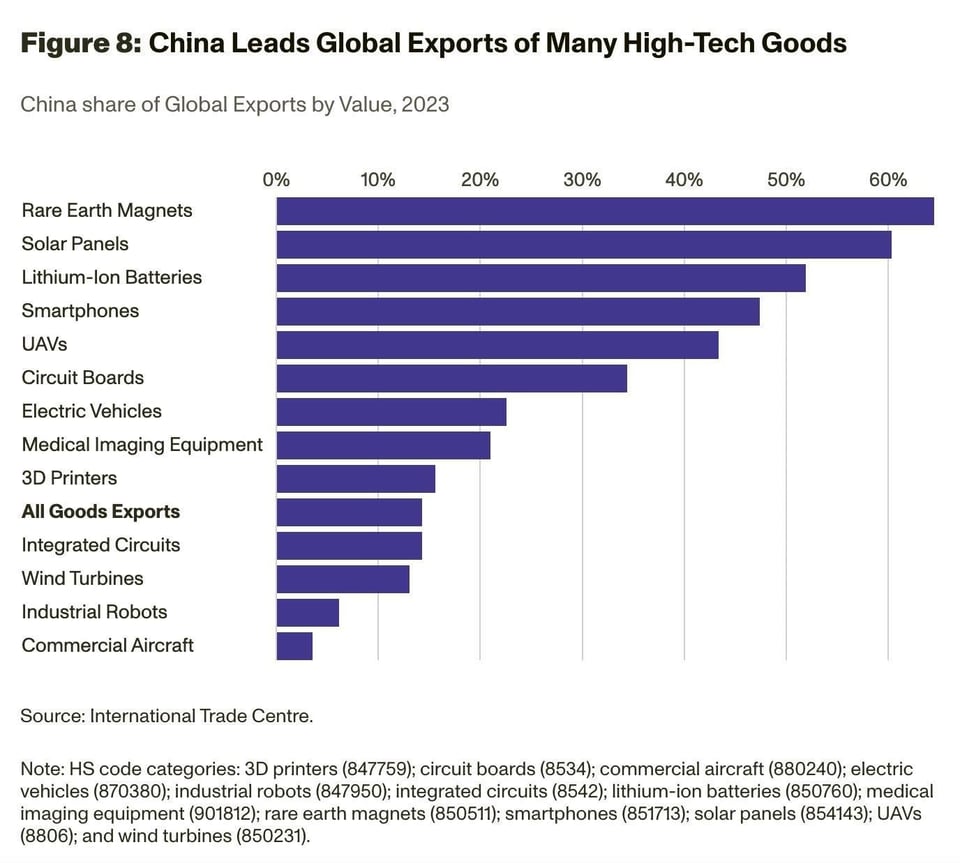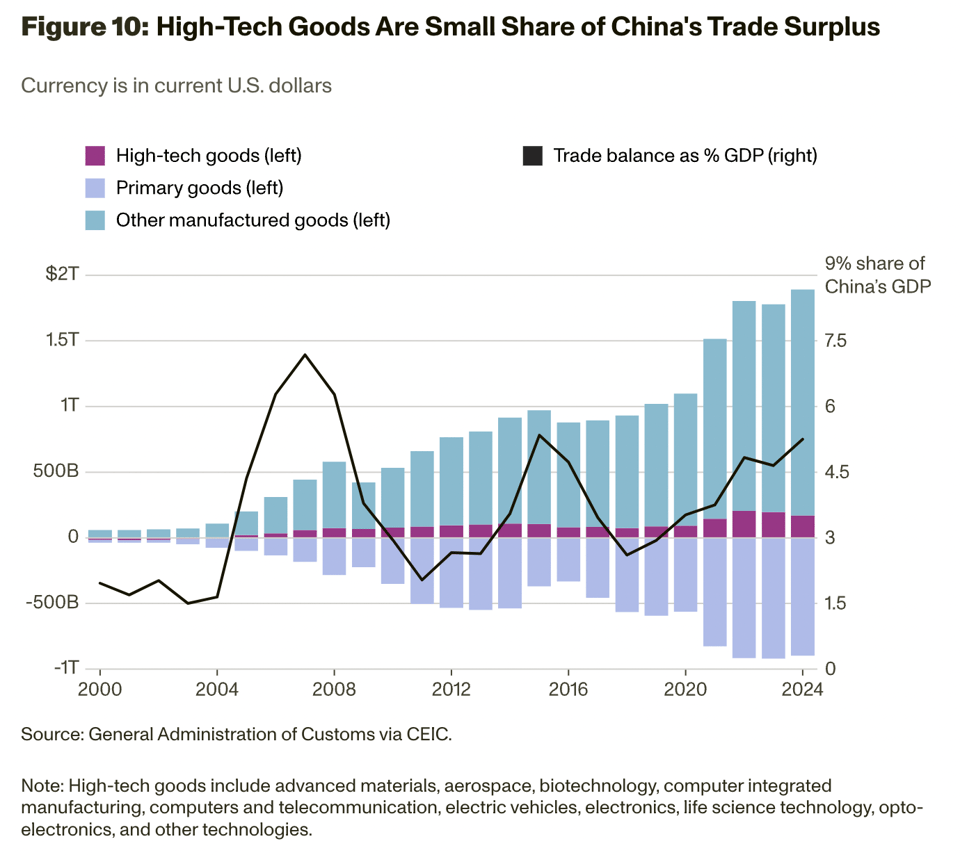For all the tea in China
Hello, and welcome to our 33rd dispatch. We are struggling with some of the weighty questions hanging over global political economy. We’d love if you would like to take a stab at answering some of these questions. Or send us a reading list. Plus, a few things we read from the transatlantic meltdown.
- Kate & Tim
What does China’s dominance in clean technologies imply for the energy transition, and more broadly, 21st century sustainable development in the Global South?
China’s development and growth model has structured the world economy for many decades now. How did China promote successful national techno-industrial development, upgrading, transformation and “developmental environmentalism”? Is China’s model itself imitate-able or totally sui generis?
Can new changes in China’s growth model itself – its shift from property development and heavy industry carbon-intensive manufacturing towards the “new three” industries of Solar, EVs, and batteries, drive an external change in China's relationship with the Global South?

Developing countries are pursuing a variety of policy choices today. No country is content to be an export market or a resource colony. Negotiations over technology transfer, market access, and finance deals are a permanent feature of the “second cold war”: call it green industrial statecraft.
China’s trading partners in the South and elsewhere are pushing back, concerned about their own industrial bases, jobs, and supply chain security. Some are erecting trade barriers, others are prioritizing the “de-risking” of strategic supply chains, and many are inviting Chinese FDI so they too can join China’s supply chains, learn advanced know-how from Chinese firms, and get a share of local jobs and future productivity gains. Do these goals conflict? What accounts for their success or failure?

WHAT WE ARE READING
European leaders are still processing the prospect of a US-less NATO. Merz signals interest in a France-UK nuclear umbrella.
Europe might invest in foreign LNG capacity, per the Japanese model. Europe currently prohibits long-term contracts on LNG supplies. To go from that to actually investing in the development of facilities is quite a leap, especially when the LNG landscape is so uncertain. Kate wrote a Bluesky thread on it all.
Trump wants to pick a fight with Congress by attempting to cut military budget in Europe, Middle East.
Alex Turnbull sees tensions emerging within the GOP over the Ukraine ‘deal’ and retreat from NATO (and budget cuts!) which will hurt US LNG exports and military exports.
Melanie Brusseler explains in the Guardian why the Trump tariffs will be inflationary, and why that probably will have no political implications.
[Reportedly] the US is pulling staff of two national agencies NOAA and Global Change Research Program out of the planning for the next IPCC report, which is taking place in Hangzhou.
An oped by France’s foreign minister makes the strangest argument against using the term “Global South” we’ve heard: that the difference between countries is not development stage, but whether they adhere to the rule of law.
That’s all for this week; we are writing on Europe for the Polycrisis/Phenomenal World next week.
Add a comment: